Like most gay
Americans I felt my whole life that being discriminated
against was a matter of fact. You could call it apathy or
you could call it patience, but I was aware that we
were not equal, and it was not nagging at me nor
keeping me awake at night. Perhaps it is because I work
in the media and have watched as representations of our
lives have slowly -- but, mind you, surely
-- changed people's minds. But I had also
unwittingly denied myself a lot of things. I never wanted to
get married, and when the marriage fight became the
central focus of the LGBT movement, I was not 100%
sold. While I felt that anyone who wanted to get
married should have the fundamental right to do so, I
didn't feel that this was where our efforts
were best spent. I rejected the argument that gay
people are just like everyone else. In fact, I was
celebrating the very things that made us so different
from everyone else, that had allowed us to question
what monogamy was, what marriage was, what the nuclear
family ideal added up to.
I was shocked,
truly shocked, when the California supreme court ruled in
favor of us in May. I never expected it to happen. I was
elated when it did come to pass, but as I watched
everyone get married all around me, my first reaction
was cynicism. I thought, How interesting that so many
people have fought so hard to be like the rest of
America. I thought, Is my relationship now
going to be judged by these newly married gay
Americans? and for the first time experienced a mother
asking if marriage was in my future. I went to all my
friends' weddings, and though I was jealous of
the happiness they found, I was not jealous of their
entering an institution with all these rules and
regulations, so much cultural baggage of who you were
as identified by that title: married. Even as I
entered a long-term relationship with someone who I knew was
my complete other half, I didn't generally
think that we would one day get married, and if I did,
I thought about it in the abstract, far, far in the
distance and certainly not as something of critical
importance.
But as cynical as
I was, I was sure the battle over marriage was over. I
was sure that after that ruling this could not be taken away
from us. And now I think it is safe to say a lot of
other Californians did too. We saw Ellen and Portia on
the cover of People magazine. We watched
thousands of other couples marry. We saw the polls tipping
in our favor on this issue. Hell, even Kevin and
Scotty were wed on the season finale of Brothers
& Sisters. This was an issue whose time had
come, and for those for whom it was important, I
thought they were finally secure.
But complacency
is a funny thing. How funny that at 29 years old I was so
naive as to how the world works. After all, I am a
millennial. I grew up in the age where you get
certificates for attendance. I was entitled. I thought
it is one thing to stop a right from coming to pass (as the
Knight Initiative did in 2000), it is quite another to take
an already established right away.
So it was with a
reporter's cynicism and a survivalist attitude that
on Tuesday night I left Los Angeles's Music Box
Theater, where an LGBT crowd had gathered to watch the
returns. My boyfriend was heartbroken and trying to
express his emotions. I was not affected. This is how it
works, I reminded him, like I was still in one of my
graduate sociology classes studying the history of
sociopolitical movements. This is the setback that
comes before the next move forward. Was Hawaii not a setback
before Massachusetts? Was Bush not the greatest
setback followed by Obama, who may be the greatest
promise? I don't know what to tell you, I said, we
just get up tomorrow and keep going.
The next night
everyone was talking about the protest in West Hollywood,
but I decided not to go. I wanted to go home and retreat
from all this. My boyfriend and I watched Sleeping
Beauty and drank wine. I was amused at the scene
in the beginning when the good fairies plot against
the evil Maleficent. "What can we do? She knows
everything," one of them said. "Not
everything," another responds. "She does not
know about kindness. She does not know about
love." We laughed at how fittingly this
described the religious movement that had put us where we
are today.
And then I got a
call to turn on the local news. People were taking to
the street. Someone had been beaten with a billy club.
Something was actually happening. Not everyone had
decided to escape; some of them were out there right
now fighting back. The next day there was another protest
scheduled near our offices in Westwood. We went in a group
of eight or so, laughing and making jokes all the way.
"This is going to be one stylish
protest," I said. And there it was, thousands of
people converging on the Mormon Temple on Santa Monica
Boulevard. As we approached I kept getting more and
more excited. I was screaming out at passing cars that
were honking and holding my sign above my head. "I Am
a Victim of H8," it read. And I felt like a
victim for the first time.
I had discussed
this all logically with my therapist that morning.
"What feelings does this bring up in
you?" she asked. "You actually talk about
being gay as if it is this completely integrated part of
you." It was, I thought. I knew what it meant
to be gay. I knew what the liabilities were. I knew I
couldn't hold hands everywhere I wanted to. I knew it
meant that I might never marry, that having children would
be difficult. I knew there would always be a group of
people who thought what I did and therefore who I was,
was fundamentally wrong, a sin, and disgusting.
I got involved. I
stopped filming the throngs of people with my handheld
camera and joined them. I rushed across the street in a lull
of traffic to the median and shouted along,
"What do we want? Equal rights! When do we want
it? Now!" Tears started to come down my face. I
realized I had been made less than. Someone had
decided, someone had always decided, what my life and
my dreams consisted of. I accepted it because that is
what survival is all about. But now I was pissed. My
generation had not known this. Back in September I got
scared and started phone banking for No on 8. I
brought all my friends out one night and signed up for one
visibility action. Every time the campaign sent an e-mail
out, I sent another $100 or $50. But it was
antiseptic, removed. I wanted them to wrap this thing
up and nip it in the bud. I wasn't really fighting. I
wanted it handed to me like so many other things my
generation has taken for granted.
But to stand
there and scream at the top of my lungs at the Mormon Church
and really mean it when I said I wanted equal rights now --
that woke me up. I was young and gay and angry all at
the same time for the first time in my life. It is not
acceptable for this to happen. It is not OK that the
Mormon Church funnels money into California to accomplish
this. It is not OK that your friends, your family,
your neighbors love you but just can't get
behind this issue. There is no excuse.
So you better get
pissed and stay pissed, because no one is going to give
us our rights. Will & Grace isn't going to
get it done, and it doesn't matter if all those
high-profile closet cases finally come out and give a
new face to our community. Standing in the streets holding a
sign for the first time in my overprivileged life, I now
know: This is not the end. This is just the beginning.











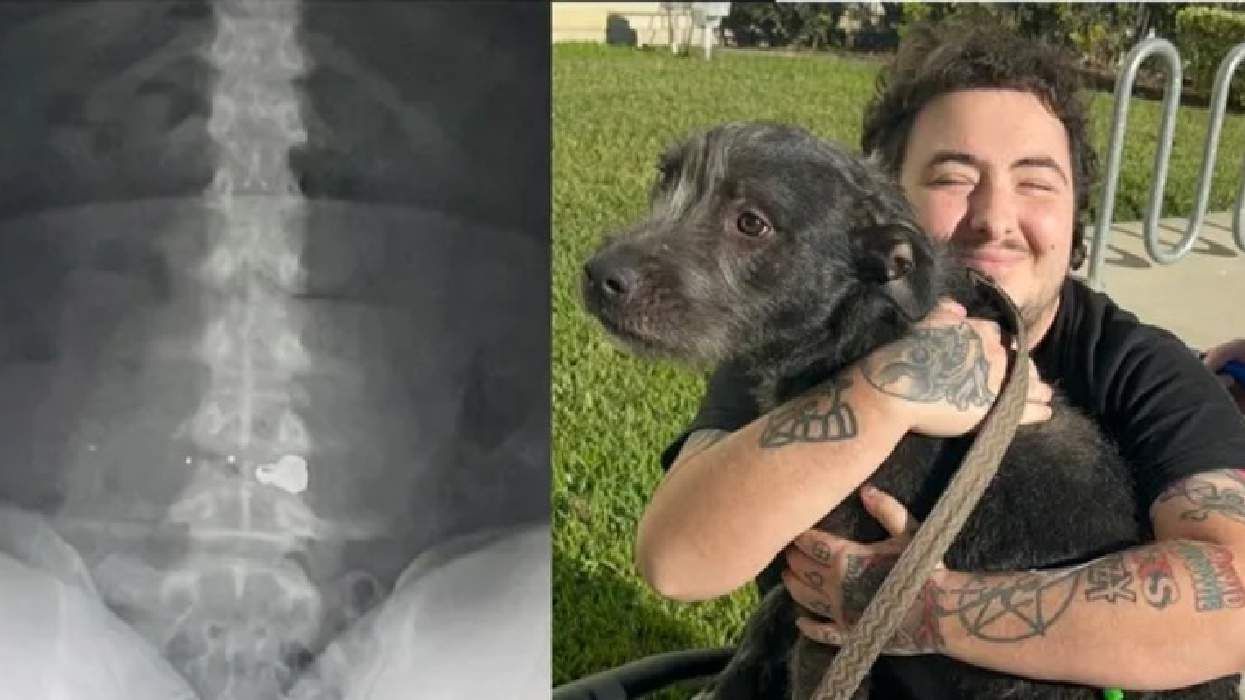
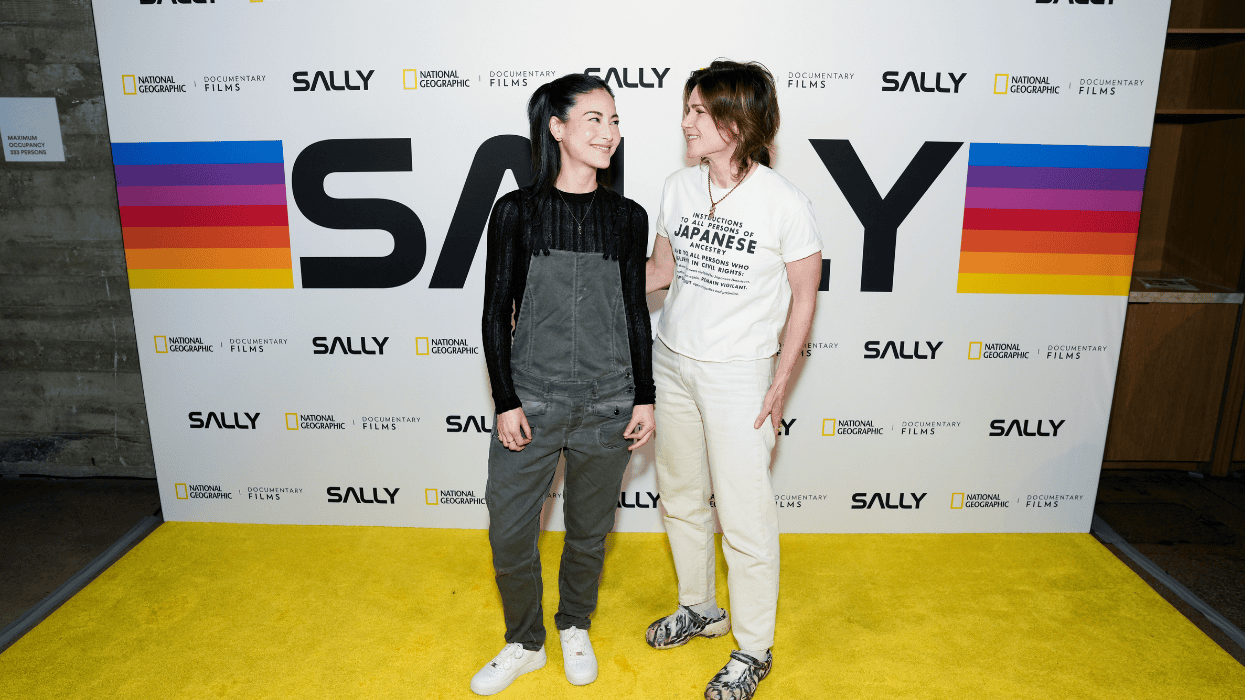
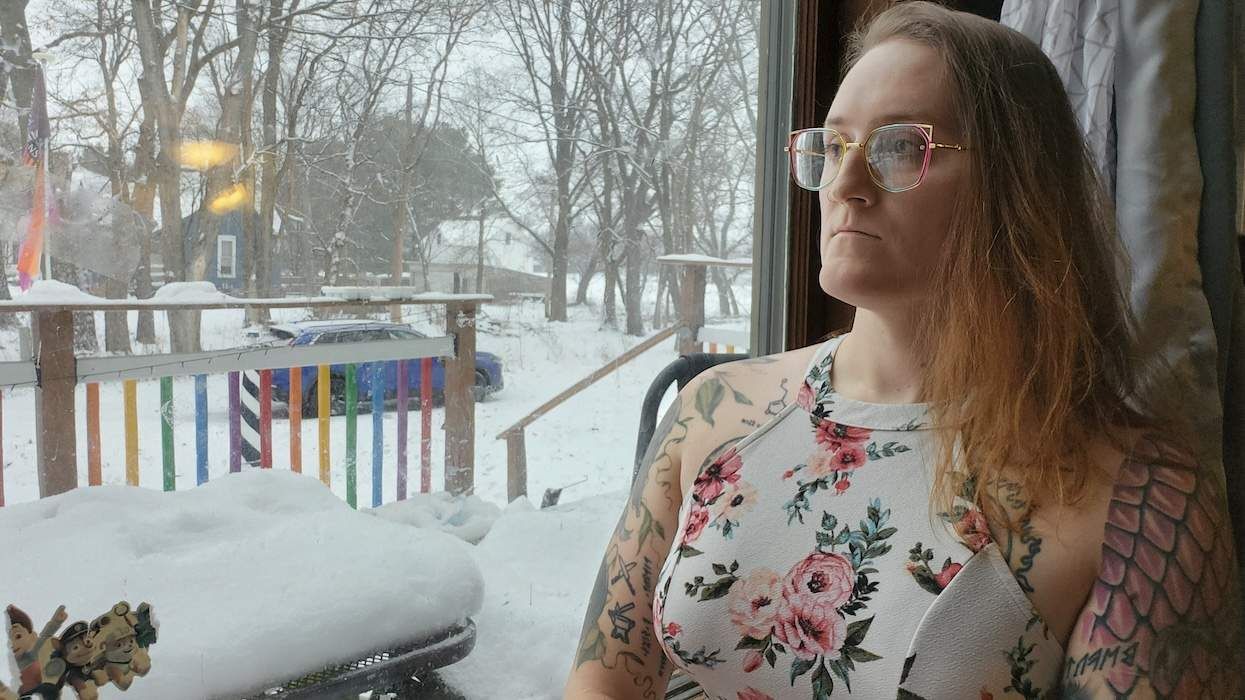

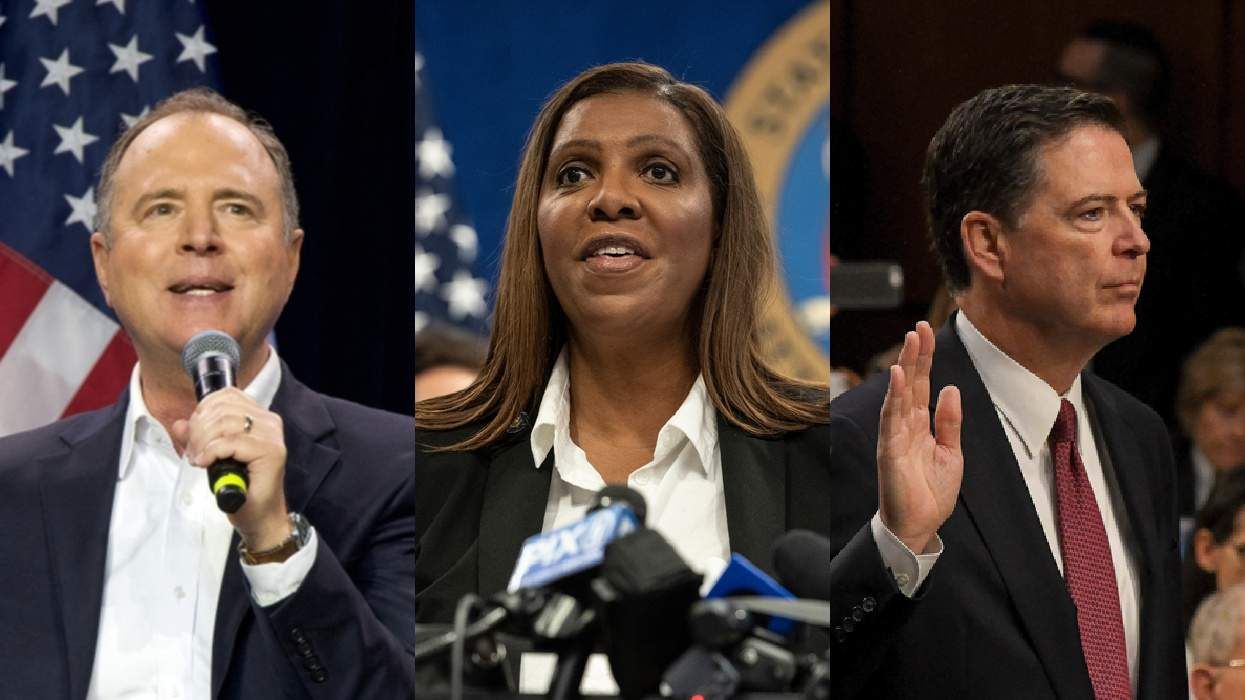

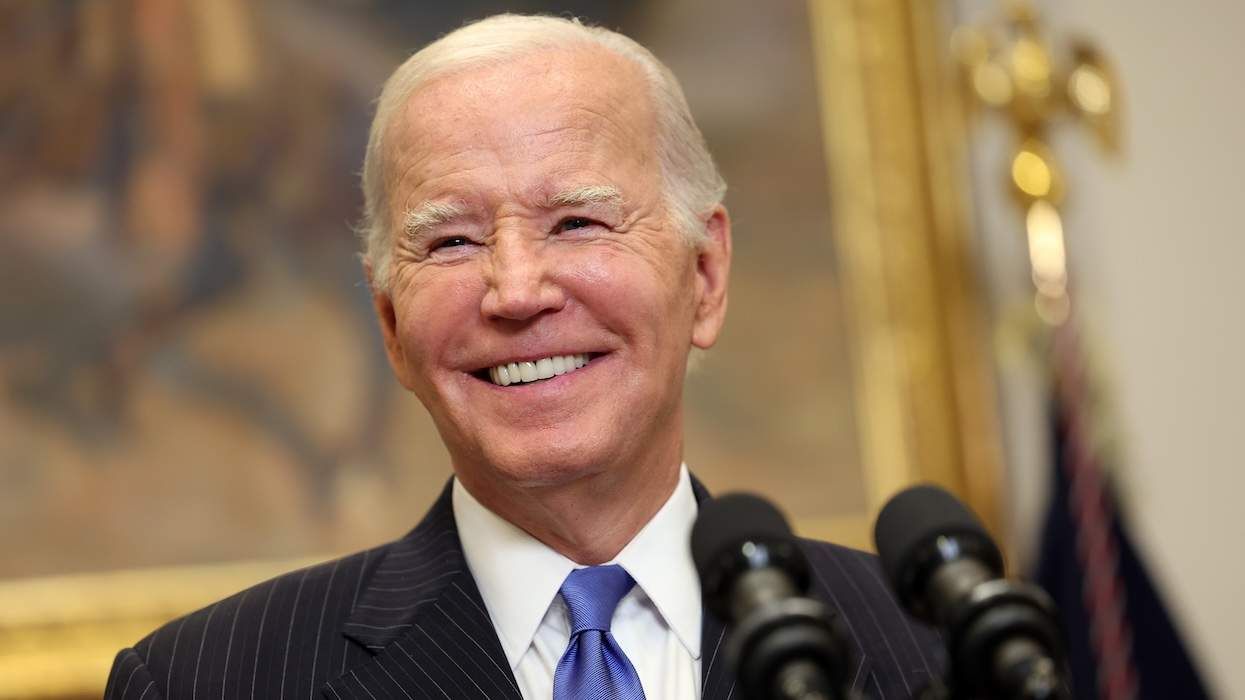
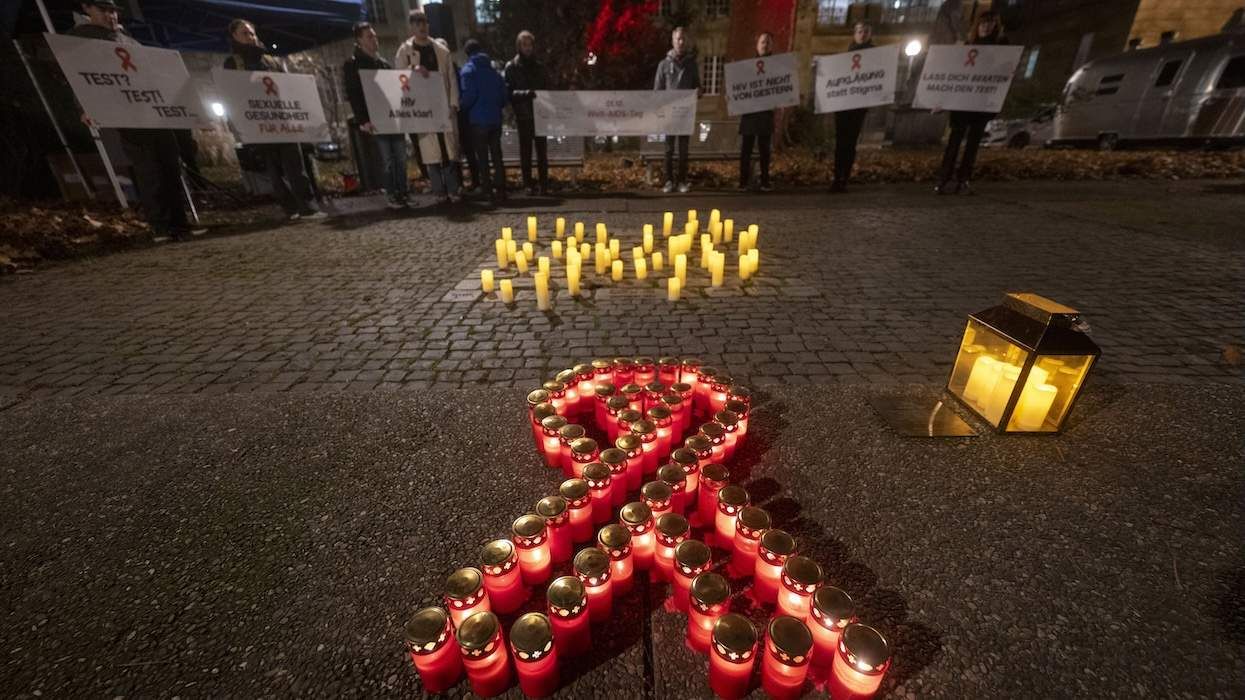


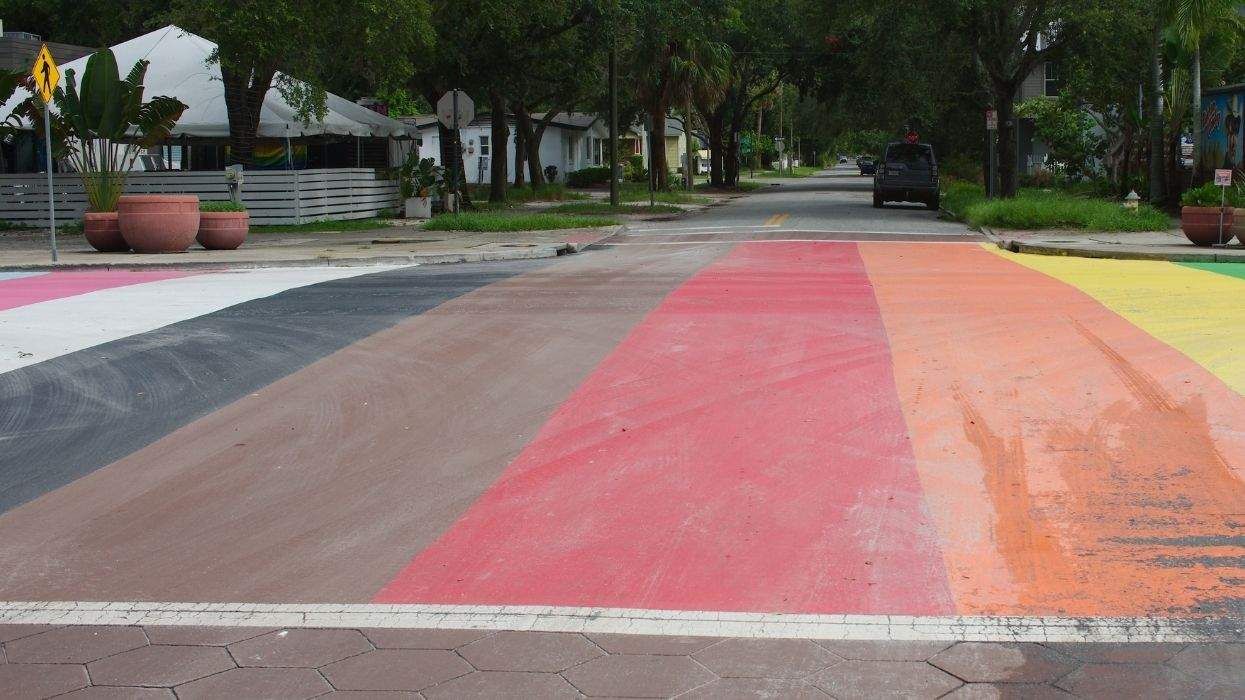
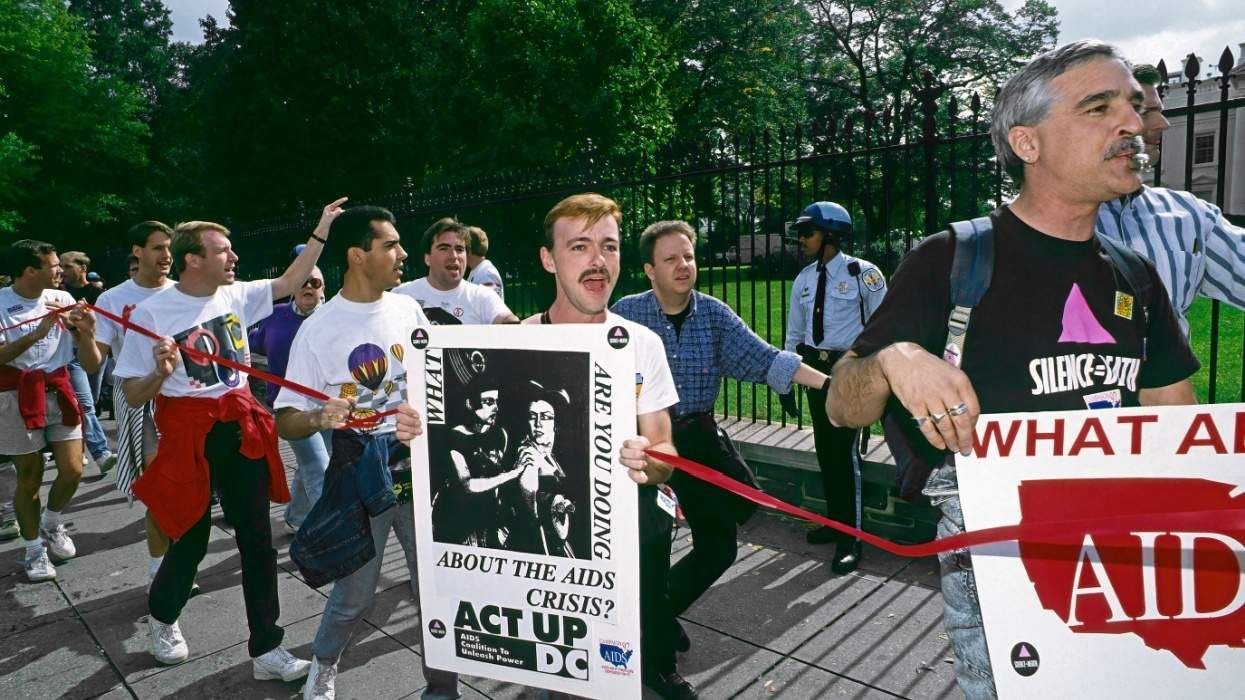
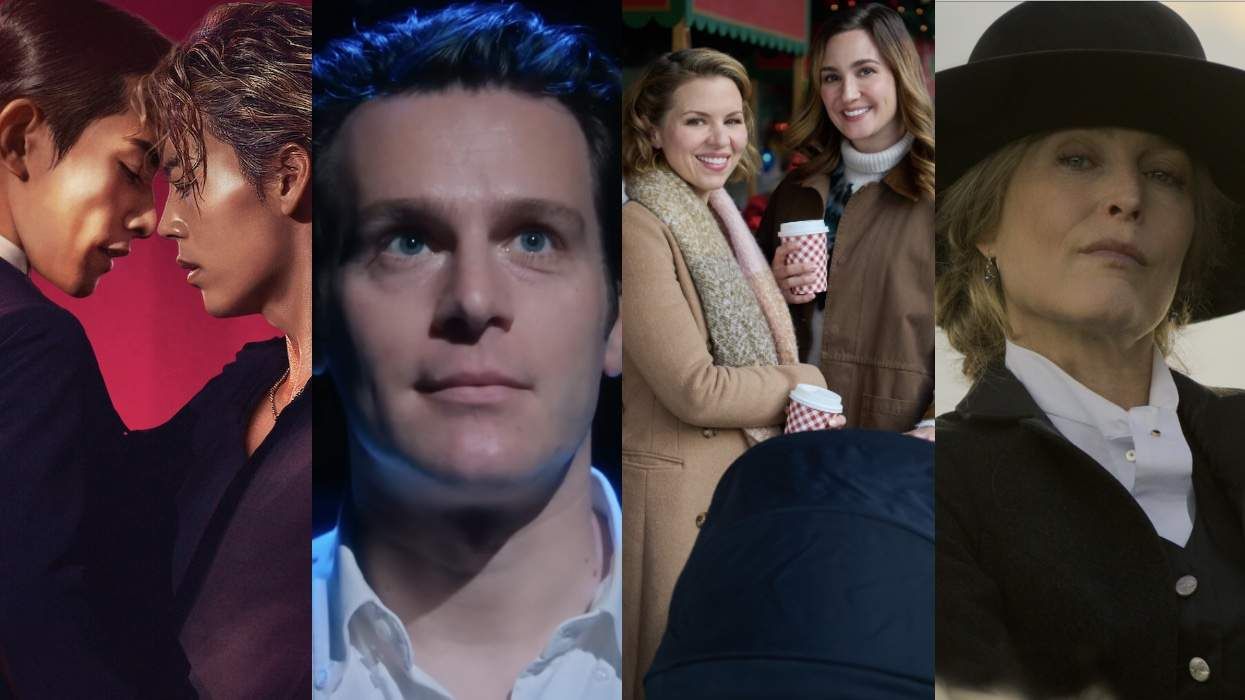
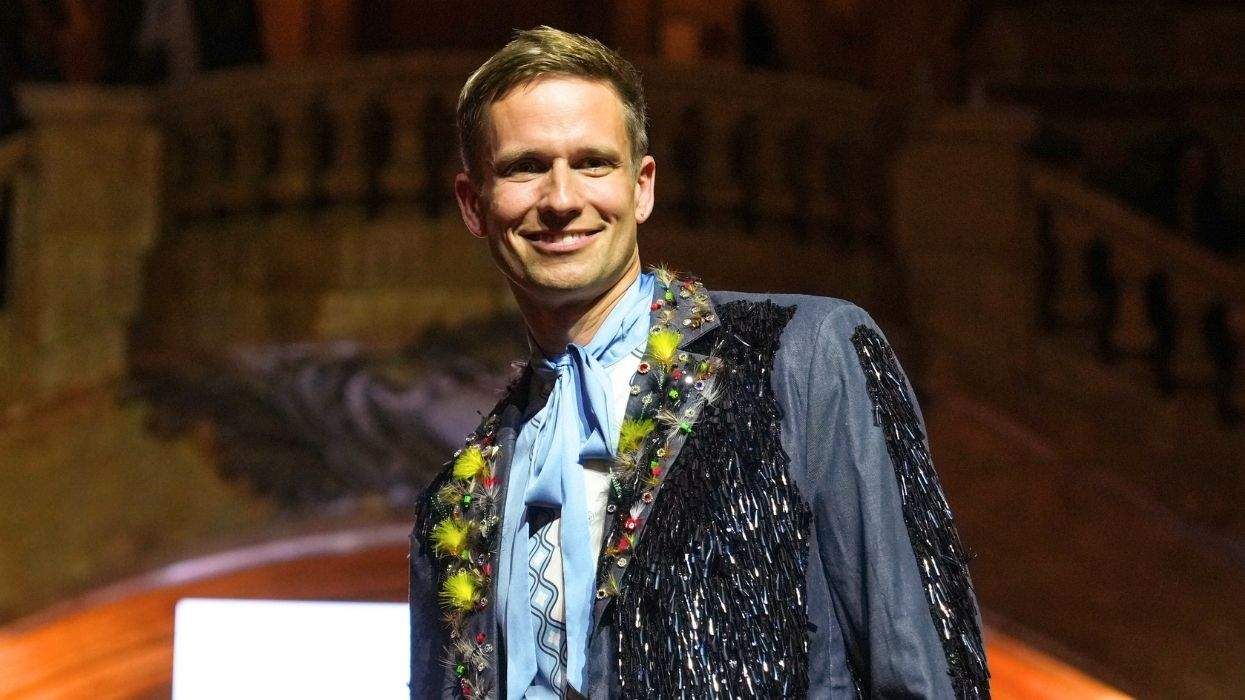
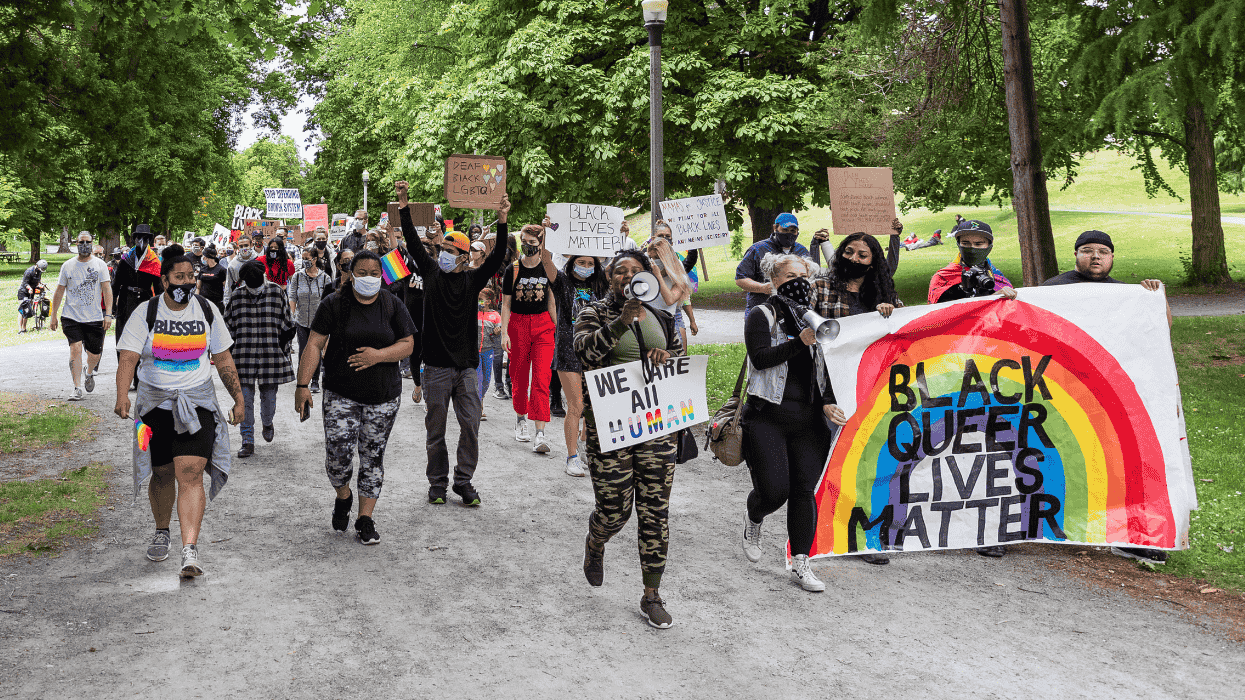
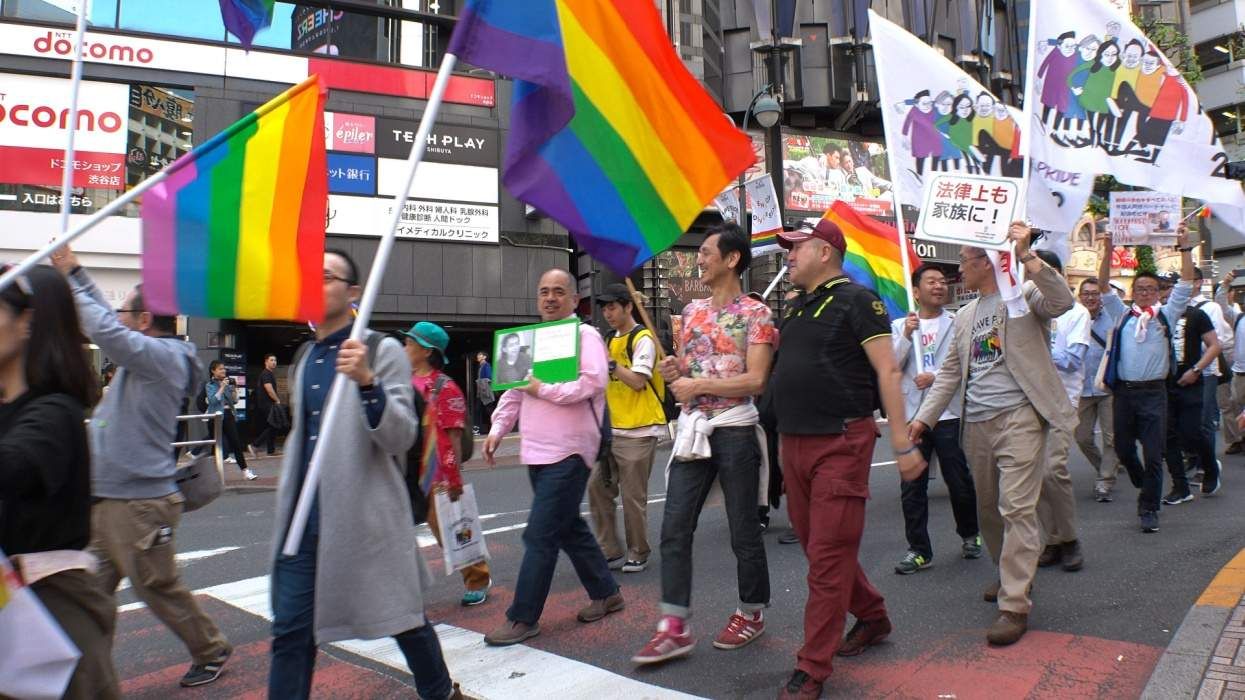
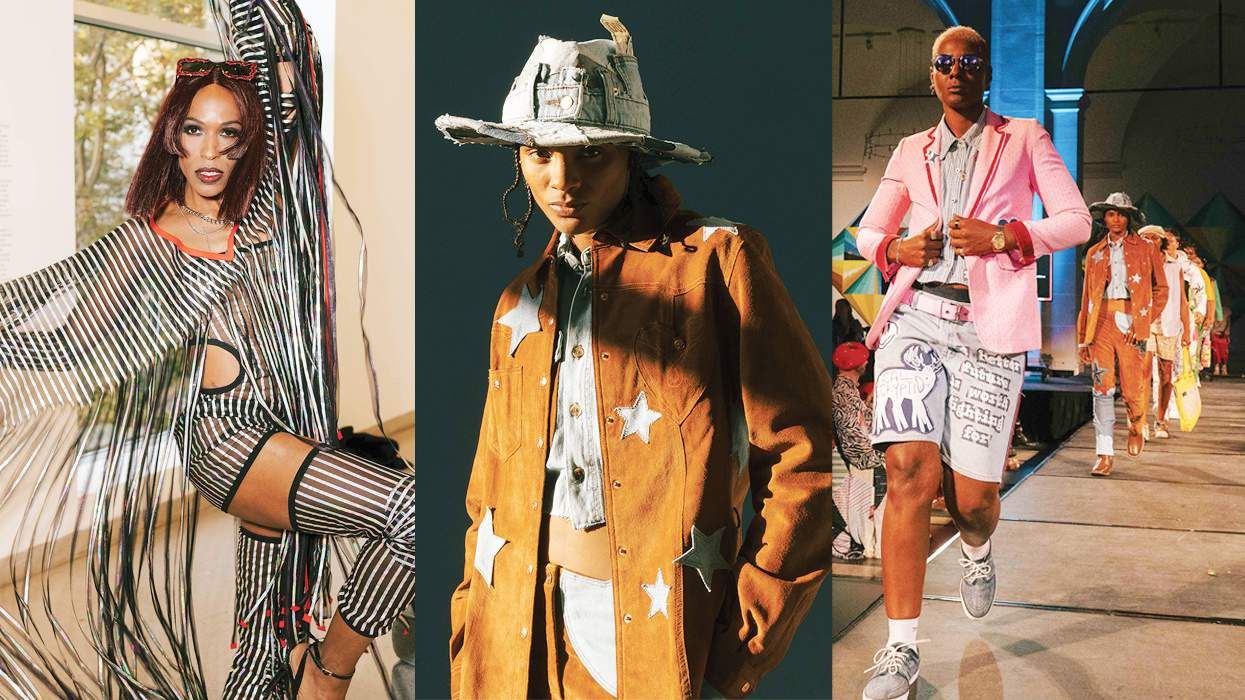













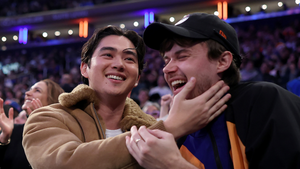

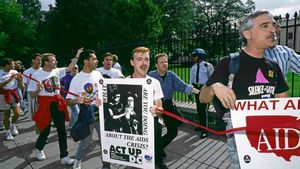
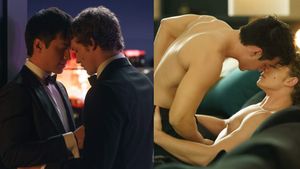




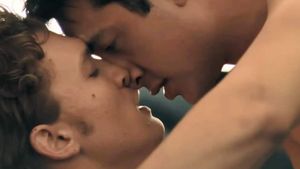

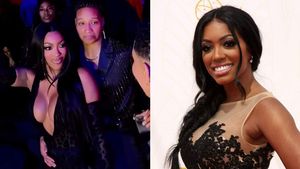













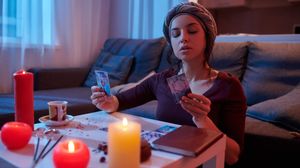


Charlie Kirk DID say stoning gay people was the 'perfect law' — and these other heinous quotes